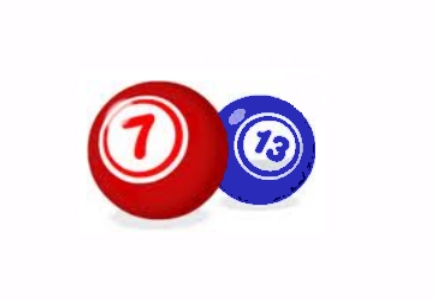
In most cultures the number 13 is universally a sign of bad luck. It earned it's reputation from the biblical sense. So prevalent is the number 13, most hotels and elevators in the US and Europe have omitted it. Which makes one ponder, if floor 13 is missing from the elevator panel, are we really going to floor 14? Maybe it's best to request any floor before 12 just to be safe.
The Asians have apprehensions related to the number 4. That's because the Japanese and Chinese language pronunciation is “shi” which also means death. The Chinese air force will not assign this number on any aircraft. Animated characters with 4 fingers are also considered bad luck. Gifts that come in sets are commonly given in sets of threes or fives forfeiting the number 4 altogether. Another number of concern is 9, that is often pronounced as “ku”, representing suffering. In many hotels and hospitals, you will not find the number 4 or 9. Room number 43 is not an option for patients on the maternity floor, because it means “still birth". In the United States statistics show that on the 4th of the month, Japanese and Chinese Americans suffer from cardiac arrests 7% more often than any other time.
In the Italian culture there is an aversion to the number 17. That is because in Roman numerals it is written XVII and commonly found on ancient tombstones. When translated in a Roman word and numerals rearranged to VIXI it means “I have lived”. When written in Arabic numerals it resembles a man hanging from the gallows.
Bingo is played by a diverse culture of people that expand to a global network. One number that most can agree on is the number 7 is a sure winner. We can thank our lucky bingo balls that there is not three digits in the game. 666 would make even the most impartial superstitious player trade their bingo ball for a golf ball in an instant.
Your feedback
Please enter your comment.
Your comment is added.









